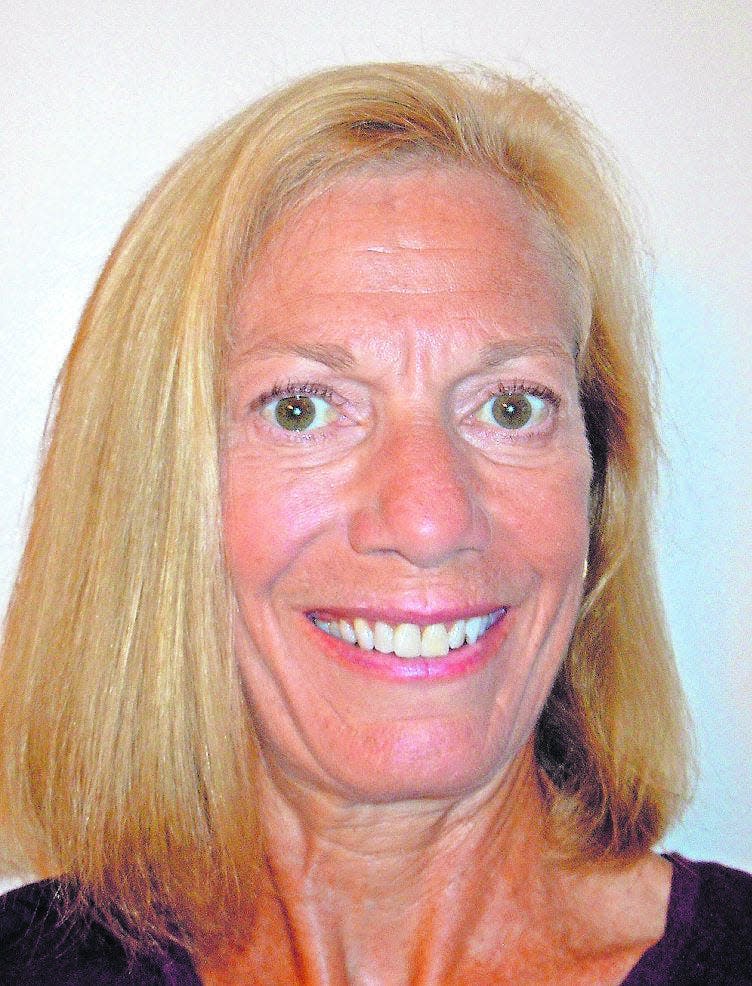Politicizing education by pushing public dollars to private groups is a dangerous game

Although I grouse and grump like most Americans — after all, it’s a First Amendment right — I try to remember all the advantages that come with life in this country.
Near or at the top of that list is a public education.
Public schools are under attack by well-financed special interests that have decades of practice buying what and who they want in state capitols and Washington, D.C.
The push to undermine public education in favor of charter and private schools is not new. In Arizona, for example, legislators have been working for years to siphon money from public schools to privately run schools.
And the effort continues to spread, as the money involved grows. About a dozen states, including Kansas, are considering legislation this year to move more public dollars to privately run schools.
Rather than look objectively at data that documents what students — and the country — have achieved through public education, opponents of public education urge Americans to nurse and exaggerate grievances based on anecdotes.
In some cases, lies about such things as litter boxes in schools are used to bolster the opposition to public education.
If Americans base their assessments on facts rather than fiction, public schools deserve fairly high marks. All the talk about parental choice and leftist agendas isn’t about improving education. It’s about politics and profit.
Otherwise, we would be talking about better accountability and access at every institution that receives public funds. We would be talking about ensuring higher standards at all kinds of schools, including home schools.
Over the past 100 years, public schools have been on a road of continual improvement, albeit with some detours.
In the 1980s, President Ronald Reagan made his case for improving schools with the “Nation at Risk” Report.
Twenty years later, President George W. Bush would champion more reforms with No Child Left Behind, which required more accountability from schools. Bush’s policies led to improvements in curricula and in tracking the progress of individual students. Among other failings the Bush administration successfully focused on were abysmal high school graduation rates.
Many liberals hated NCLB. They bashed the president, trashed standardized tests, balked at higher standards for curricula and insisted that all they needed was a lot more money.
When President Barack Obama maintained much of the policy, many of his fellow Democrats complained angrily.
Obama and a bipartisan Congress did modify the NCLB laws in 2015, moving much of the authority over schools back to the states.
Education is one of the most reliable factors — coming in right behind being born into a wealthy family — that predict a person’s economic success.
And a better educated populace allows for economic growth for the larger society.
It is not coincidence that Americans’ prosperity has risen in concert with attendance at public grade schools, high schools and colleges.
In 1900, more than half of Americans lived in poverty, and well under half of Americans attended four years of high school. By 2017, 90% of Americans older than 25 had graduated from high school, and the poverty rate was about 12%, according to Census Bureau reports.
A huge majority of those Americans attended public schools.
Research shows that policies focused on improving schools — ensuring accountability, setting high standards, testing, providing necessary resources, and so on — lead to real progress.
The push to direct public money to private enterprises reduces accountability, sets no or low standards and reallots resources based on politics. It is aimed at promoting profits and advancing political causes — at a dangerously high cost to students and the country.
Julie Doll, a native of Kansas, is a former newspaper journalist now living in Tucson, Arizona.
This article originally appeared on Topeka Capital-Journal: Pushing public school dollars to private groups is a dangerous game

